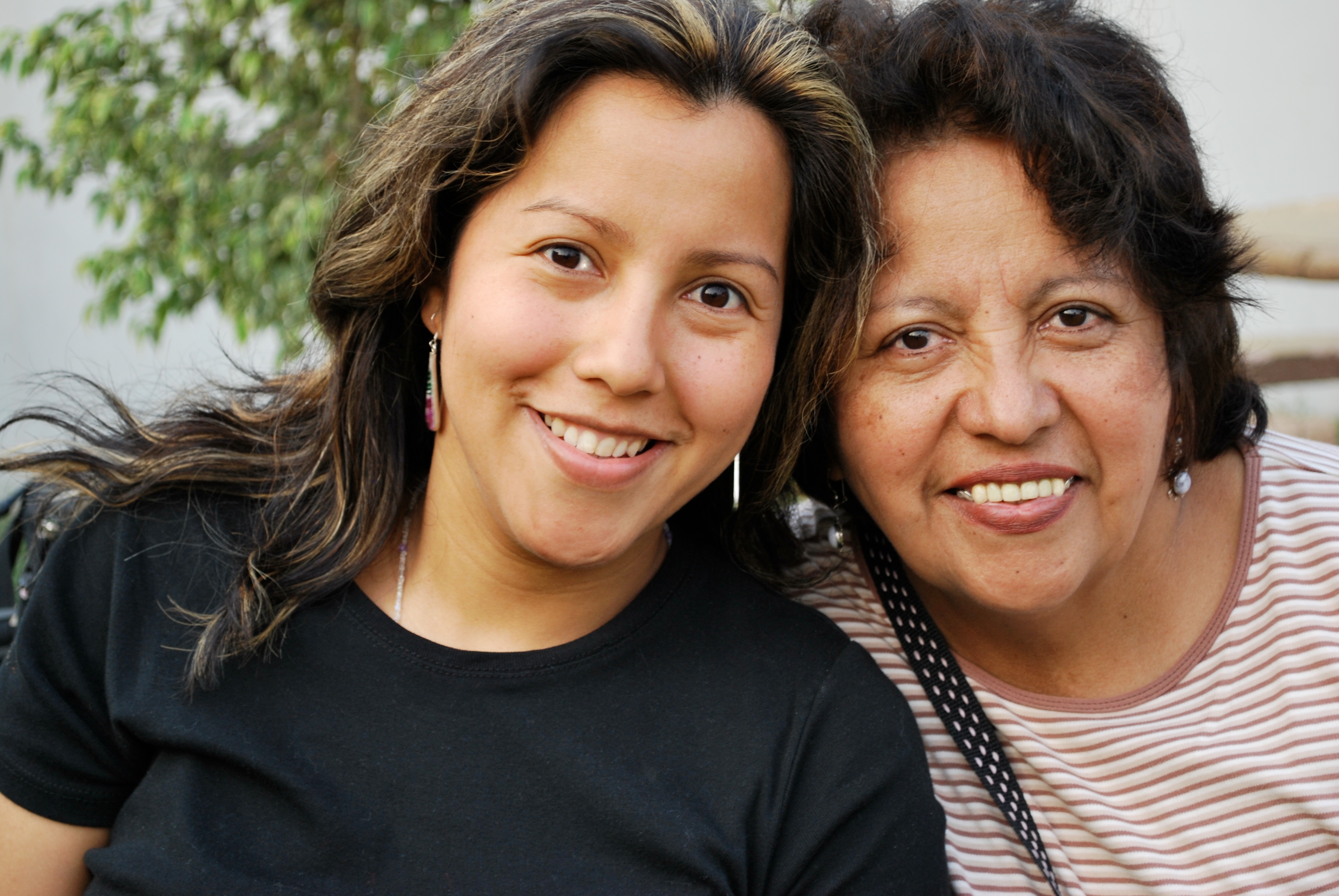Five Ways to Honor National Hispanic Heritage Month

Epilepsy News From: Thursday, September 15, 2022
The Epilepsy Foundation recognizes National Hispanic Heritage Month (Sept. 15-Oct. 15) by celebrating Hispanics and continuing to raise awareness about the epilepsies among this community.
Since 2003, Hispanics have become the largest minority group in the United States. According to the 2020 Census, Hispanics represent almost 19% of the total U.S. population. Hispanics are made up of diverse cultures and values. They are also one of many other ethnic and racial groups disproportionately impacted by health disparities. Factors such as language barriers, high uninsured rates, or cultural values can all negatively impact access to care for Hispanics. And, for those with epilepsy, not having access to specialty care can impact their ability to effectively manage their epilepsy and gain seizure control.
There are approximately 710,000 Hispanics in the U.S. living with epilepsy. Studies show that among untreated Hispanics with epilepsy, there is a 40% recurrent risk within two years after a first seizure. Although, epilepsy can affect everyone, Hispanics, and other communities of color, have less access to reliable information, specialized epilepsy treatment, and care. The good news is that epilepsy and seizures can effectively be managed with the right treatment and resources.
In recognition of National Hispanic Heritage Month, the Epilepsy Foundation offers the following tips to help Hispanics strive for seizure control and improved quality of life.
Talk to Your Family
If you were diagnosed with epilepsy, talk with your family about your diagnosis. Epilepsy is not a subject that is widely discussed among Hispanic families. In some communities, epilepsy is seen as a mental illness, deriving from the devil, or the belief that it is caused by one’s behavior or sins. While it may be difficult to share with your family for fear that they won’t understand, having the right information on hand can help you be more open about it.
Inform Yourself
The Epilepsy Foundation offers culturally relevant educational materials and resources in Spanish. These tools can provide you with vital information so that you can learn more about epilepsy, make informed decisions, and educate yourself and others.
Find an Epilepsy Specialist Who Speaks Spanish
It is important to understand what your diagnosis means and how best to treat it. If you don’t have access to a Spanish-speaking epileptologist, then find an interpreter who is knowledgeable about epilepsy so that you clearly understand the information provided by the doctor. You will want to know what treatment options are available for your type of seizures, and the steps you and your family need to take to effectively achieve seizure control.
Take a Seizure First Aid Training
In collaboration with the Centers for Disease Control & Prevention, the Epilepsy Foundation offers free seizure first aid trainings to learn how to recognize a seizure and administer seizure first aid. Trainings are offered in Spanish, live, in person or On-Demand.
Call the 24/7 Helpline
The Epilepsy & Seizures 24/7 Helpline (866.748.8008) has trained Spanish-speaking specialists to answer your questions and connect you to epilepsy specialists, and other resources in your community.
Epilepsy doesn’t have to be a death sentence. Many people with epilepsy live productive lives. The key is taking the first step to learn more.
Authored by
Jackie Aker
Reviewed Date
Thursday, September 15, 2022
